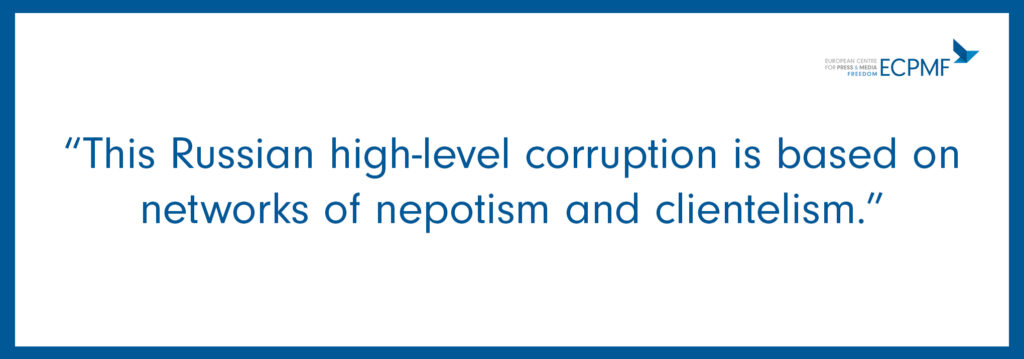Corruption has been a persistent issue in Russia, hindering economic development, undermining the rule of law, and eroding public trust in government institutions. While the government has implemented various anti-corruption measures, the problem remains significant.
The Roots of Corruption
- Weak Institutions: Weak institutions and a lack of transparency have created opportunities for corruption to flourish.
- Economic Inequality: The vast wealth disparity between the rich and poor has fueled corruption, as individuals seek to amass wealth through illicit means.
- Political Culture: A culture of patronage and clientelism, where favors and benefits are exchanged for loyalty, has contributed to corruption.
- Lack of Accountability: A lack of accountability for corrupt officials has allowed the problem to persist.
Forms of Corruption in Russia
- Grand Corruption: High-level corruption involving government officials and business leaders, often involving large sums of money.
- Petty Corruption: Low-level corruption, such as bribery and extortion, that affects ordinary citizens.
- Nepotism and Cronyism: The appointment of family members or friends to government positions, often without merit.
- Embezzlement: The theft of public funds by government officials.
Government Efforts to Combat Corruption
The Russian government has taken steps to address corruption, including:
- Anti-Corruption Legislation: Implementing stricter anti-corruption laws and regulations.
- Independent Anti-Corruption Agencies: Establishing specialized agencies to investigate and prosecute corruption cases.
- Transparency Initiatives: Promoting transparency and accountability in government operations.
- International Cooperation: Collaborating with other countries to combat cross-border corruption.
Challenges and Future Outlook
Despite these efforts, corruption remains a significant challenge in Russia. Several factors hinder progress in combating corruption:
- Political Will: A lack of genuine political will to address corruption.
- Judicial Independence: The judiciary is often influenced by political considerations, hindering effective prosecution of corruption cases.
- Public Perception: A widespread perception of corruption can lead to cynicism and apathy among citizens.
To effectively address corruption, Russia needs to strengthen its institutions, promote transparency, and cultivate a culture of integrity. By taking decisive action and fostering public trust, Russia can hope to reduce corruption and build a more prosperous and equitable future.

Leave a Reply